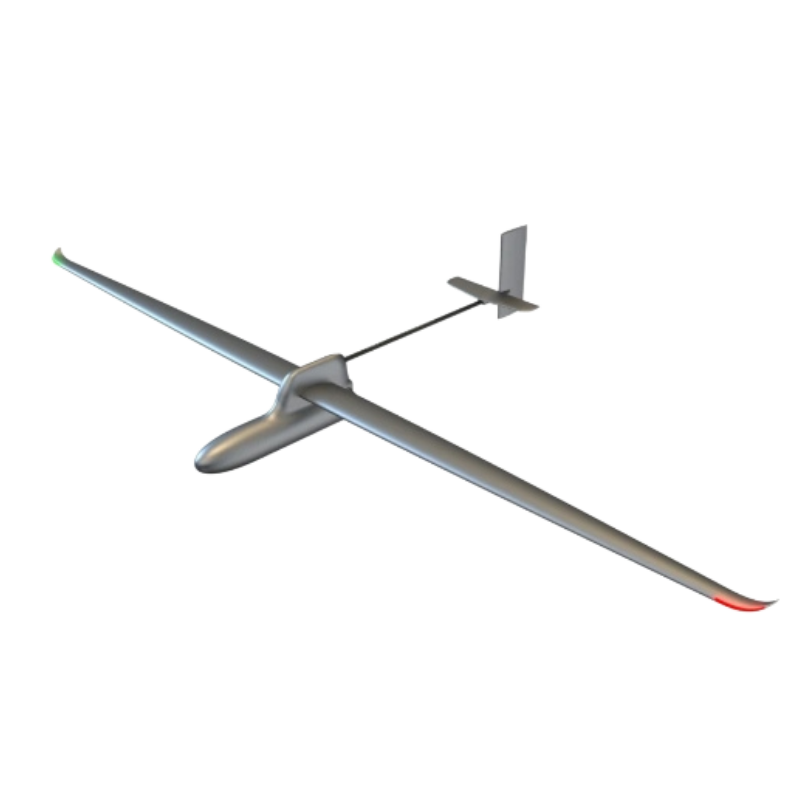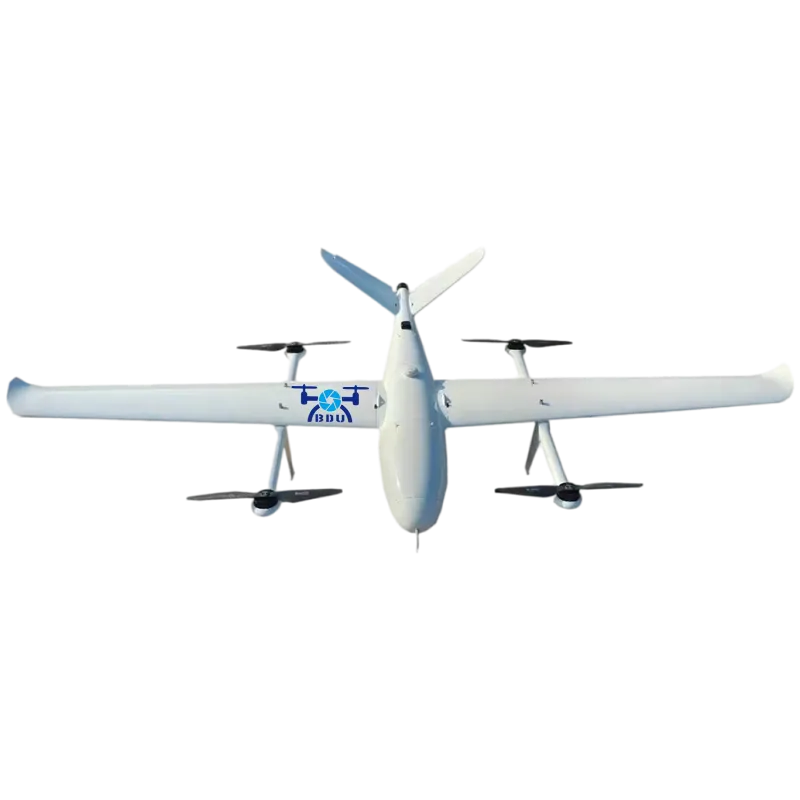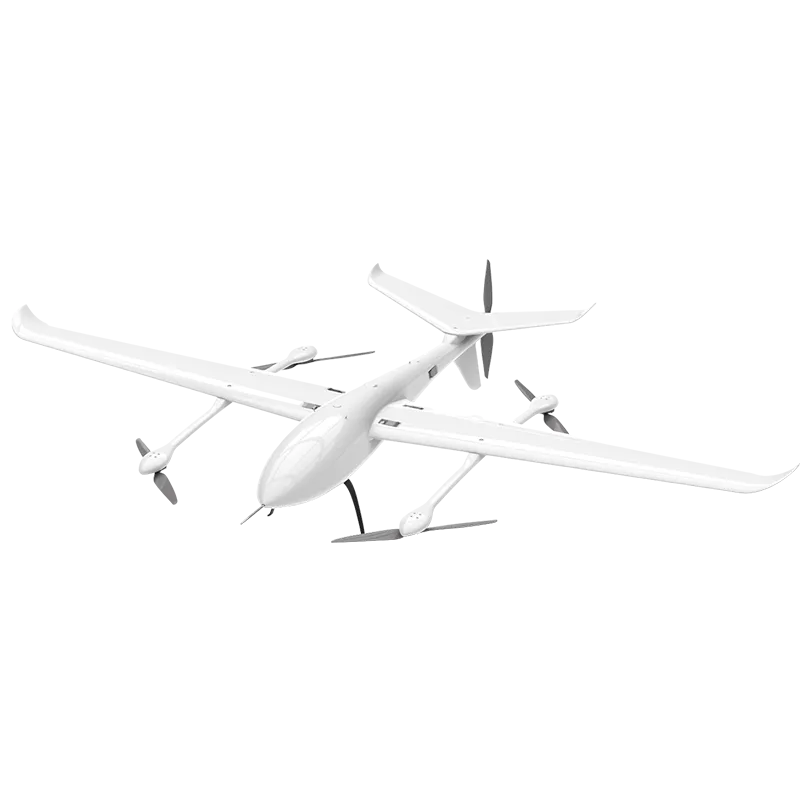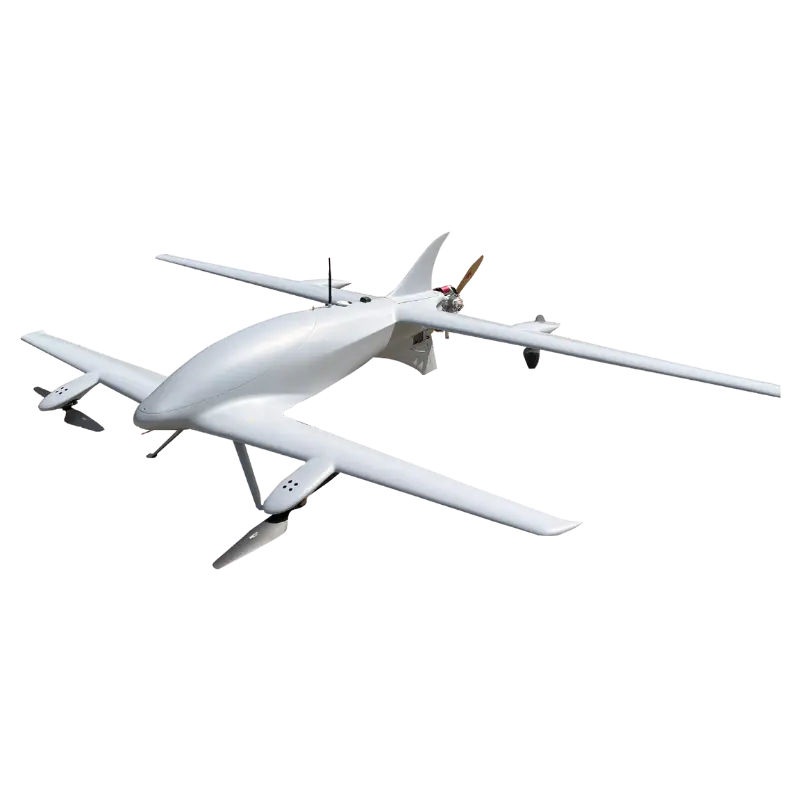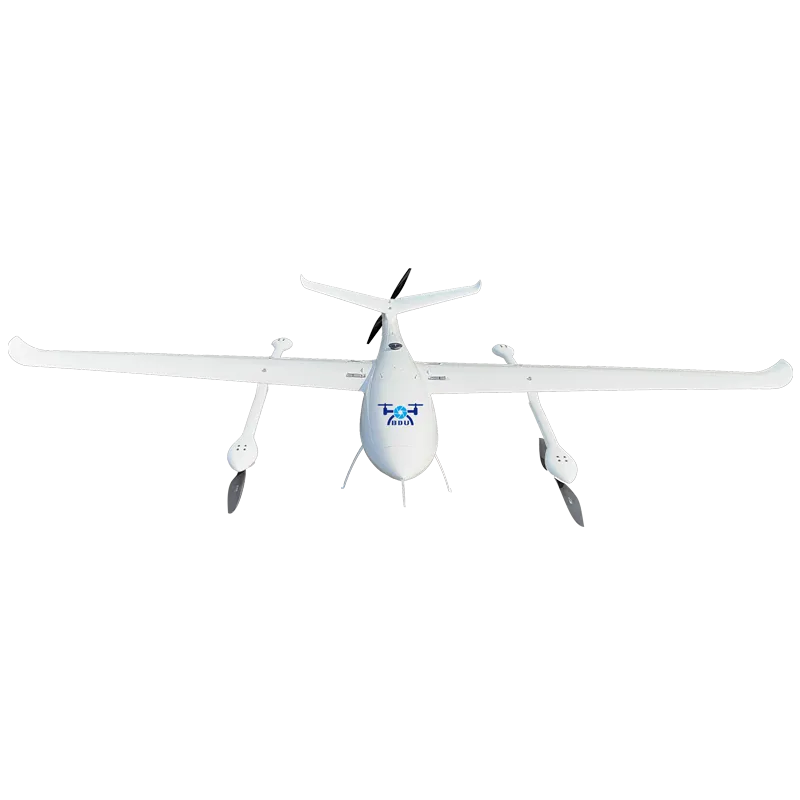Pushing the Limits: The Rise of Long Battery Life Drone
In recent years, drone technology has undergone a remarkable transformation, with advancements now pushing boundaries in endurance, power systems, and environmental resilience. Among the most groundbreaking developments is the emergence of ultra-long-endurance fixed-wing drone capable of maintaining flight for up to 100 hours. These systems are redefining the operational scope of unmanned aviation, offering unmatched value in surveillance, mapping, and emergency response missions.
A key driver of this leap in endurance is the integration of dual-engine hybrid propulsion systems. By combining traditional combustion engines with electric motors, these hybrid drones can optimize fuel efficiency while maintaining stable power delivery. This configuration not only extends operational time but also enhances redundancy and flight safety—crucial for high-stakes, long-duration missions over remote or hostile environments.
Unlike conventional multirotor platforms, fixed-wing drone offers aerodynamic efficiency, allowing them to glide and cover vast distances using minimal energy. When paired with hybrid powertrains and larger fuel reserves, they become formidable aerial workhorses. One standout example is a recent UAV model boasting a continuous flight capability of 100 hours—a benchmark that seemed implausible just a decade ago.
These drones are also engineered to withstand extreme conditions. With the ability to resist level 10 wind speeds, equivalent to gale-force winds above 24.5 m/s, they can maintain stability and control where many other aircraft would be grounded. This resilience enables operators to carry out missions in adverse weather, such as maritime patrols, disaster assessment, or border surveillance during storms.
What sets these systems apart is not just flight time or wind tolerance, but their ability to carry heavier payloads without sacrificing performance. Enhanced aerostructure design, efficient thermal management, and smart power distribution all contribute to this balance of endurance, strength, and flexibility.
As the industry continues to evolve, the demand for 100 hours flight time UAV will only grow. Whether it’s environmental monitoring, pipeline inspection, or tactical reconnaissance, long battery life and hybrid propulsion are becoming indispensable features. The next decade may witness even more breakthroughs, but today’s ultra-durable fixed-wing drone is already proving that unmanned systems can go further, longer, and tougher than ever before.
Overview
DX60 is a fixed-wing drone that supports taxiing and catapult takeoff. It has a maximum endurance of 100 hours, can take off and land in wind speeds of 8, and can withstand winds of up to 10 during the cruise phase. DX has excellent aerodynamic performance.
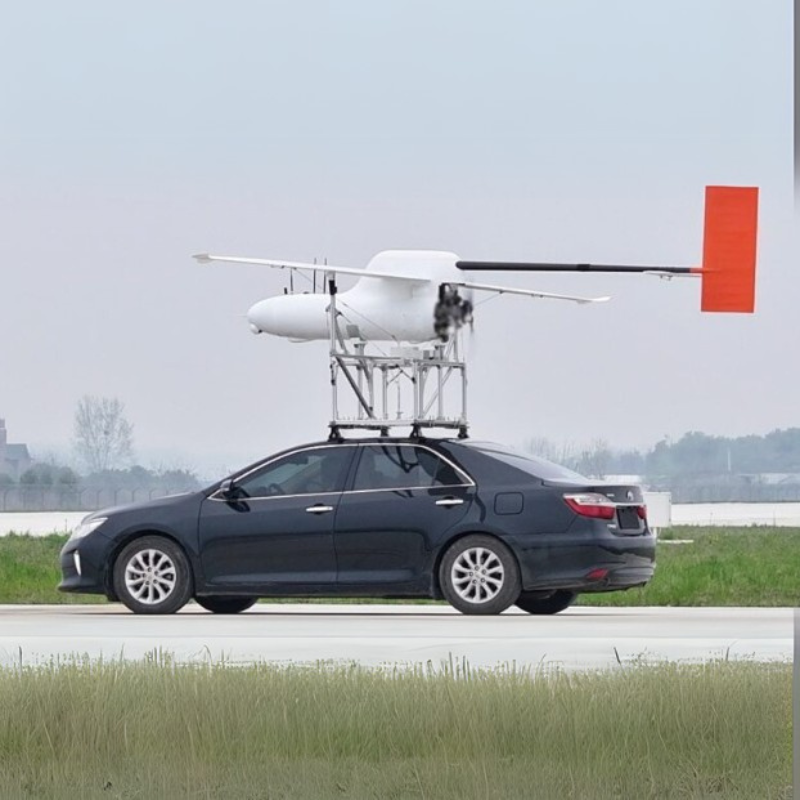
It adopts a hidden wheel design to reduce the loss of aerodynamic efficiency caused by exposure. Its large aspect ratio and ultra-light body weight (relative to the maximum takeoff weight) minimize air resistance and greatly improve endurance. In addition, DX60 has dual engines. Even if one engine fails and loses power, it can land safely with the help of the other engine.
Features
Specification
| Specification | |
|---|---|
| Wingspan: | 9m |
| Maximum take-off weight: | 60kg |
| Maximum load: | 5kg |
| Maximum flight time: | 100h |
| Cruising speed: | 80km/h |
| Wind resistance: | Level 10 (25m/s) |
| Power type | Fuel Engine |
| Take-off and landing mode | Vehicle-mounted/catapult take-off/running landing |
| Configuration | |
| DX60 | RTF |
| Videolink | 150km |
| Camera | EO&IR&LRF |
| Refueling Truck | To add fuel quickly |
| Vehicle-Mounted Takeoff System | Compatible with sedan, SUV |
| Spare Parts | Special tools for loading and unloading, spare parts for wearing parts, spare engine |
| ADS-B System | Optional |
| AIS Automatic Vessel Identification System | Optional |
